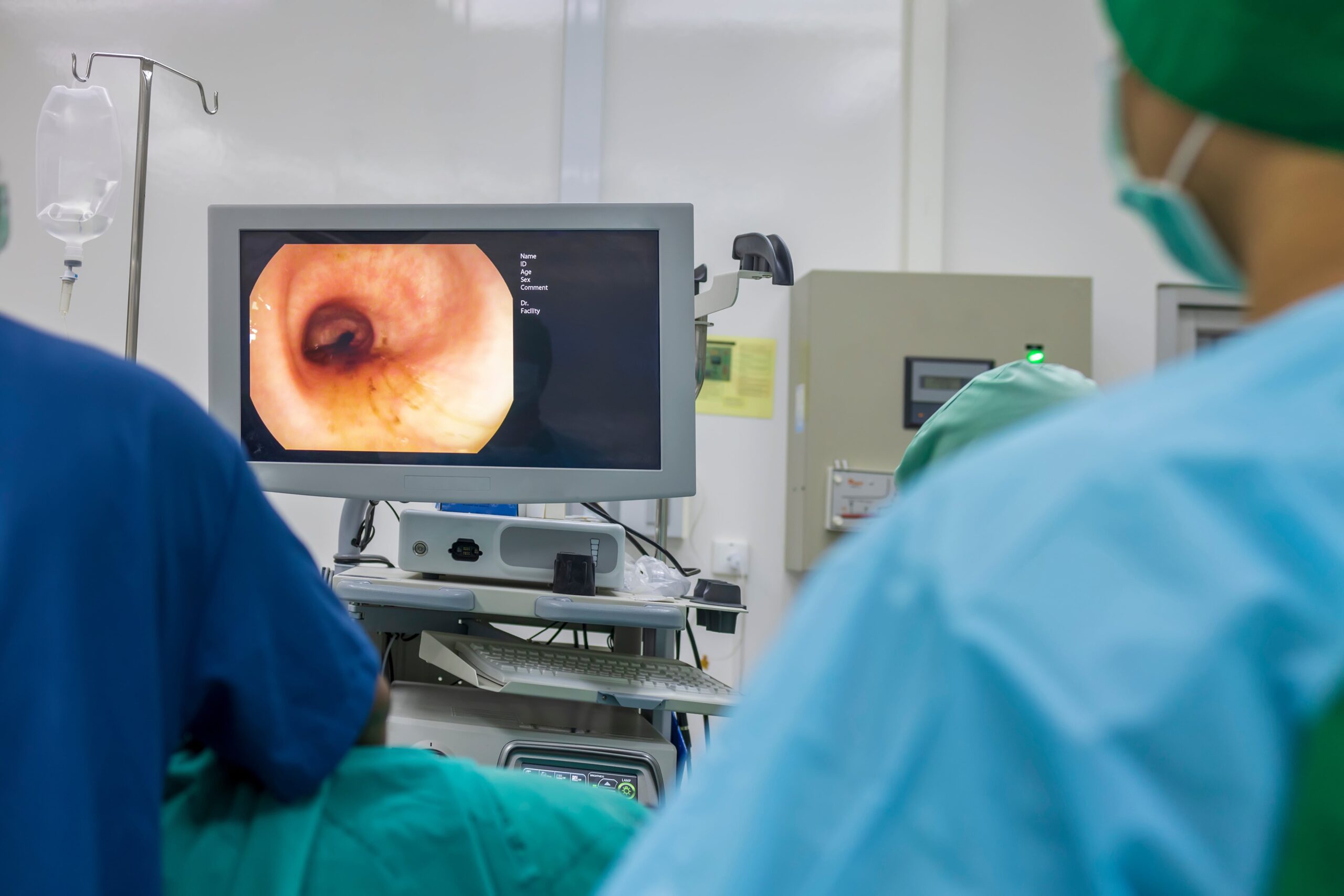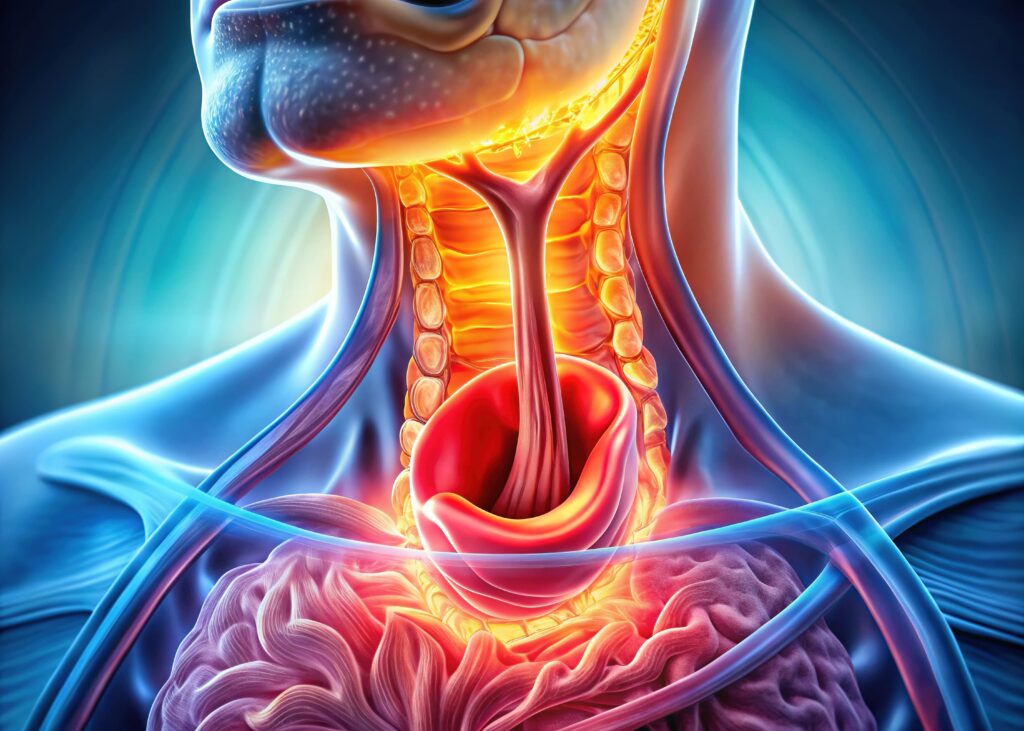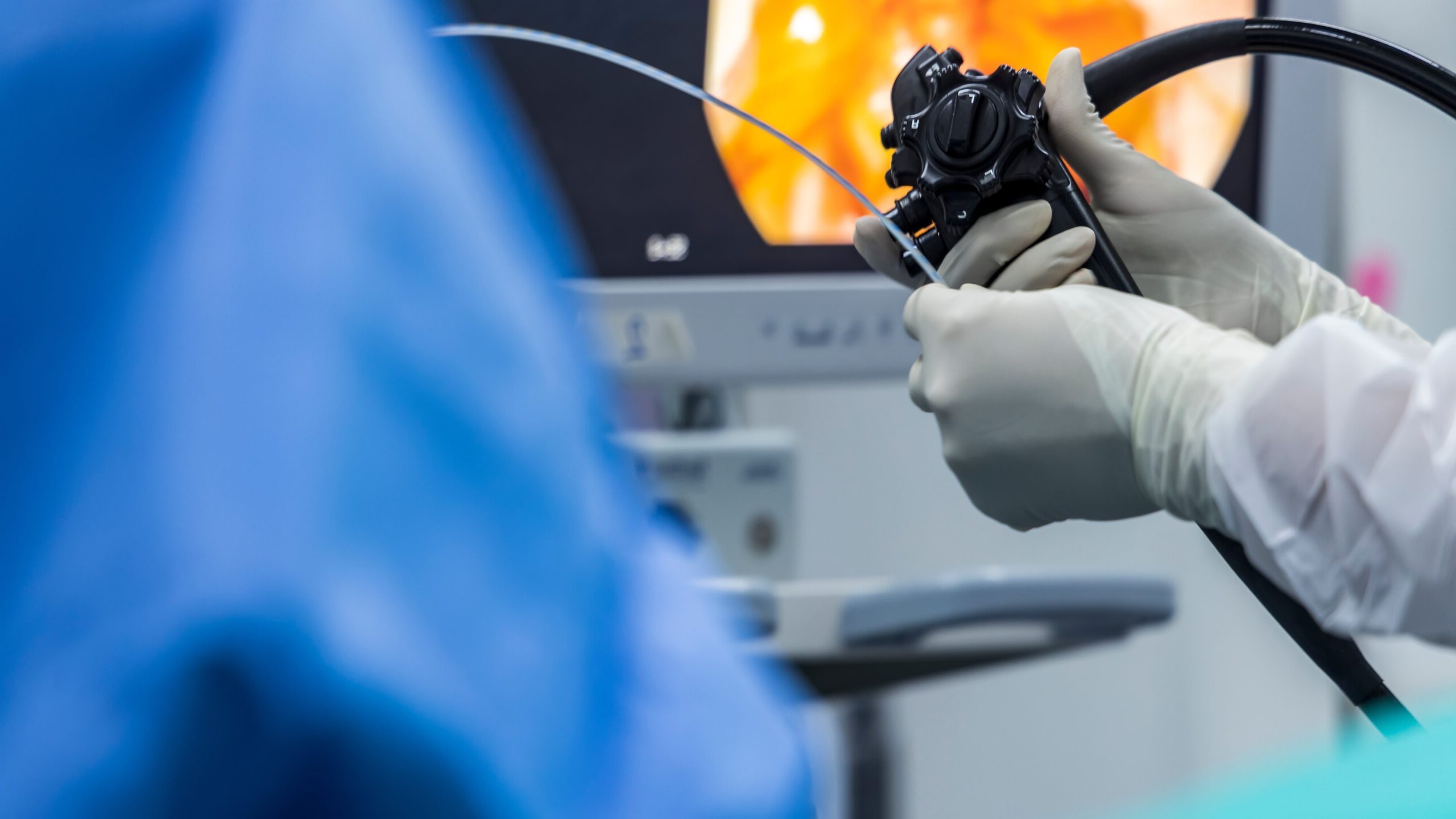Take a Tour of Our Endoscopy Center
Get familiar with Southeastern Endoscopy Center before your procedure. View our virtual tour to see just what our state-of-the-art facility has to offer!
settingsComprehensive Diagnosis and Treatment Services for GI Disorders
Southeastern Endoscopy Center delivers diagnostic procedures and treatments to patients in need of effective and efficient gastrointestinal care. Our center offers patients the ability to bypass a hospital visit, which can take weeks or months to schedule, and provides more expedited care and treatment.
Our procedures include:

Colonoscopy
A colonoscopy offers your GI specialist a clear look at the lining of your large intestine, which is comprised of the colon and rectum. One of the primary purposes of a colonoscopy is to check for noncancerous polyps and precancerous or cancerous tumors that can develop in the large intestine. These colon screenings are also useful for diagnosing inflammatory bowel disease, including Crohn’s disease or ulcerative colitis.

Esophagogastroduodenoscopy (EGD)
An esophagogastroduodenoscopy, better known as an upper endoscopy, gives your GI doctor a look at the esophagus, stomach, and duodenum, or the upper part of the small intestine. This procedure is helpful in diagnosing a variety of conditions, including acid reflux disease, Barrett’s esophagus, celiac disease, Crohn’s disease, gastroesophageal reflux disease (GERD), hiatal hernias, and more.

Esophageal Dilation
Sometimes, the esophagus can become constricted or narrowed due to too much exposure to stomach acid, esophageal injury, infection, or even radiation therapy. When the esophagus narrows, it can lead to frustrating side effects like dysphasia, or difficulty swallowing food, drink, or even saliva. Dilation helps stretch the esophagus back out, widening the opening for better swallowing.

Flexible Sigmoidoscopy
A flexible sigmoidoscopy is similar to a colonoscopy, except it only requires examination of the sigmoid, or the lower part of the large intestine. Your GI doctor may order a sigmoidoscopy to check for polyps, tumors, ulcers, hemorrhoids, general inflammation, or other abnormalities in the colon. If you are experiencing bloody stools, a sigmoidoscopy may be ordered to detect the source of the bleeding.
